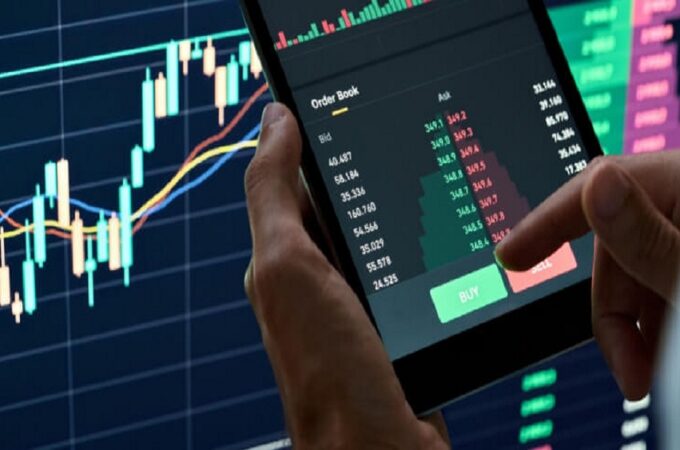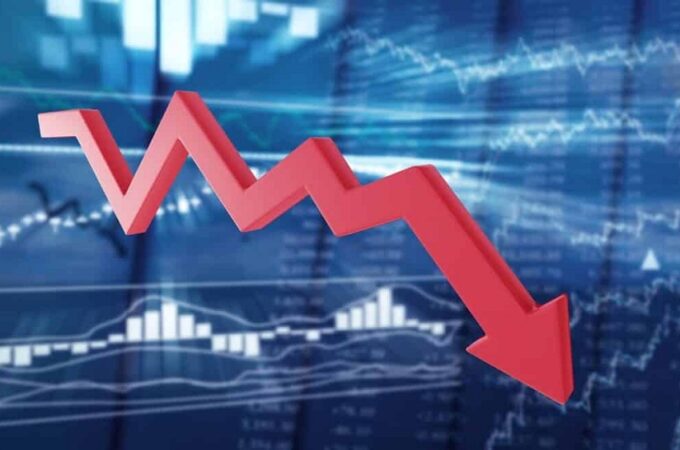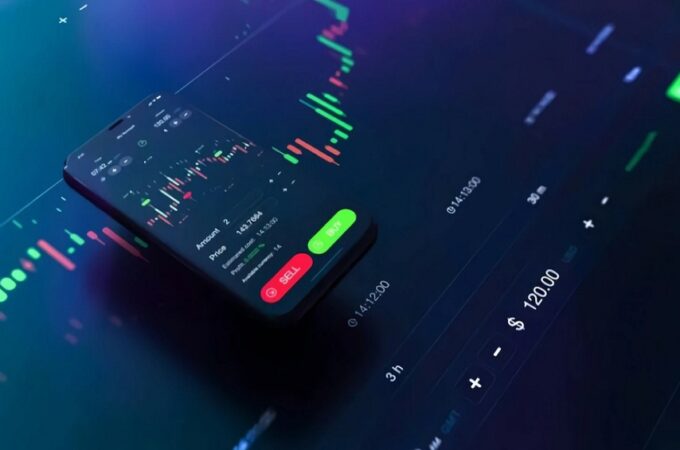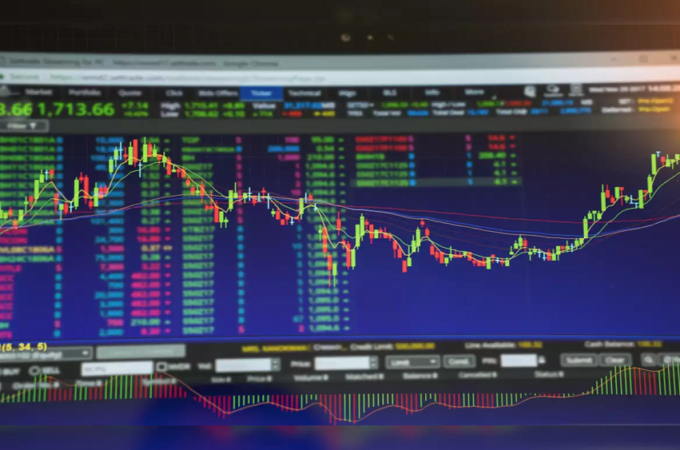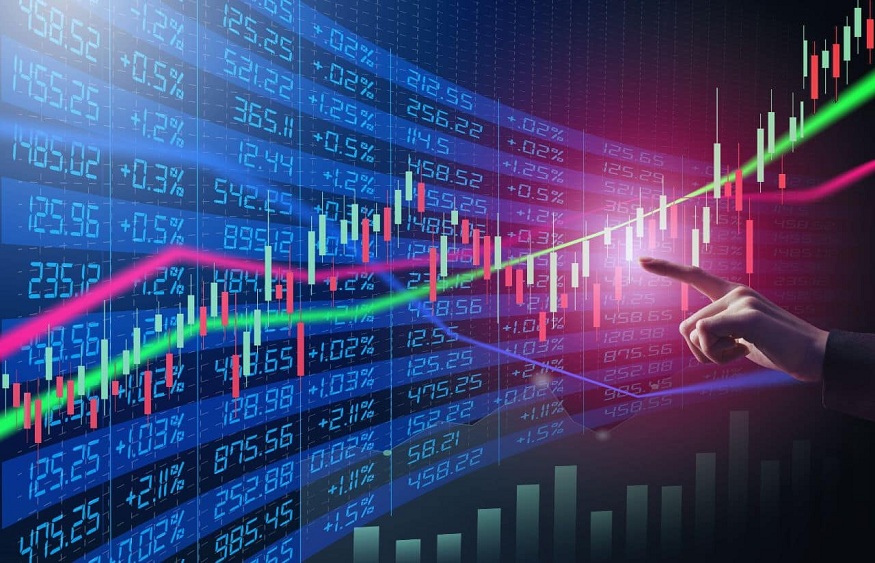
Event-driven CFD trading strategies: Navigating volatility in response to news
In an era where market volatility has become more of a norm than an outlier, understanding how to navigate the waves of uncertainty is paramount. One potent strategy employed by astute Contract for Difference (CFD) traders is an event-driven approach, where seemingly mundane news events can unexpectedly trigger abrupt movements in financial markets.
These unexpected shifts in market dynamics create both risk and opportunity, allowing traders to capitalise on favourable market conditions or mitigate potential losses. By staying informed and attuned to the ever-changing landscape of the financial world, traders can enhance their ability to make informed decisions and adapt to the fast-paced nature of the markets.
The concept of event-driven trading
Event-driven trading is an investment tactic wherein traders position themselves to capitalise on market volatility induced by specific events. Macro and microeconomic news, earnings announcements, and changes in government policy are all examples of events that can significantly sway market sentiment and price direction.
By carefully studying the potential implications of specific events, traders can more accurately predict price movements and adjust their strategies accordingly. It is important to note that this approach requires flexibility and adaptability, as news events are highly unpredictable and often come with minimal warning.
Making sense of market volatility: Understanding the concept of CFD rollover
Given the ever-fluctuating nature of financial markets, traders need to understand how to effectively manage risk and generate returns when exposed to market volatility. One powerful tool at their disposal is CFD rollover.
CFD rollovers occur when one trading day ends and the next one begins. During this time, any open positions will be automatically rolled over to the next day, with any profits or losses incurred reflected on the traders’ accounts.
This approach means that if a trader has an open position before the market closes and expects a news event to trigger significant volatility in the following trading day, they can benefit from rolling over their positions while benefiting from the potential returns of market movement. In essence, CFD rollovers provide traders greater flexibility and control regarding their positions, allowing them to take advantage of market opportunities while mitigating risk.
Crafting an event-driven trading strategy: Tips for success
Event-driven strategies can be highly profitable when done correctly, but developing a successful plan requires considerable research and effort. Here are some tips that traders should consider before beginning:
Have a plan
Before pursuing event-driven CFD trading, it is essential to create a well-thought-out plan and stick to it. It means understanding the markets you wish to trade in, as well as how they are affected by news events.
Set clear objectives
Setting clear objectives and a defined risk management strategy is also essential. As with any form of trading, knowing when to cut losses or take profits is essential; having a plan will help you do this more effectively.
Stay informed
Staying up-to-date with world news and developments is paramount for event-driven trading. By monitoring the financial markets, traders can better gauge potential price movements in response to upcoming events and position themselves accordingly.
It requires subscribing to reliable news sources and watching for significant announcements or changes that could affect market prices. It is also essential to research the potential impacts of each event, as some news items may have a short-term effect while others could cause more sustained volatility.
Leverage CFD rollover
As discussed previously, CFD rollovers are an excellent way for traders to capitalise on market movements while mitigating risk. As such, it is essential to understand when and how to leverage this instrument to maximise potential gains and minimise losses.
By keeping track of upcoming news events, traders can use CFD rollovers strategically by holding positions overnight or until the event occurs. It allows traders in Singapore to benefit from price movements without precisely timing their exits and entries.
The bottom line
Event-driven trading effectively allows CFD traders to capitalise on market volatility in response to news events. However, crafting a successful strategy requires research and preparation. Some key considerations include creating a plan, staying informed, and leveraging CFD rollovers.
By thoroughly understanding the opportunities and risks associated with this approach, traders can more accurately predict price movements, adjust their positions accordingly, and respond quickly to market fluctuations, allowing them to make informed decisions and maximise their potential returns.
With a firm grasp of event-driven trading strategies, CFD traders can become more adept at navigating the waves of uncertainty that characterise the financial markets. They will be better equipped to capitalise on favourable market conditions and mitigate potential losses by remaining vigilant and proactive.

